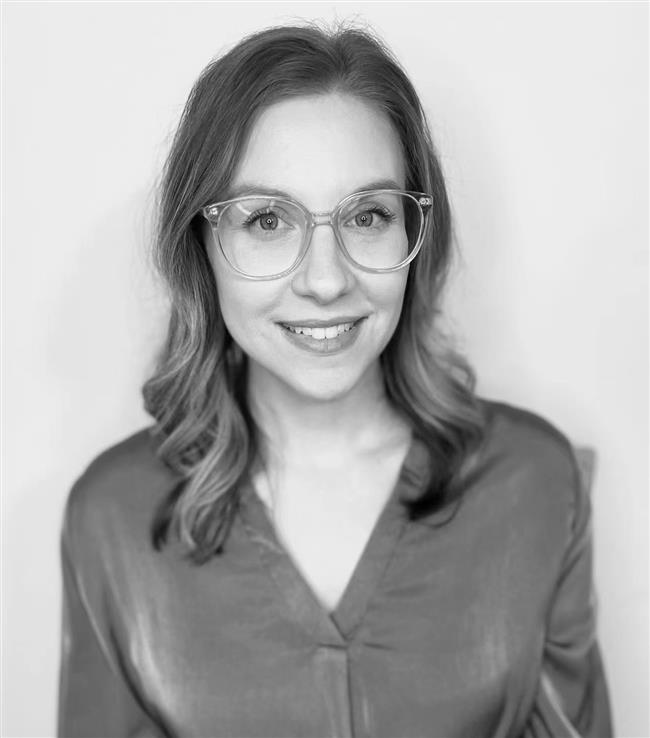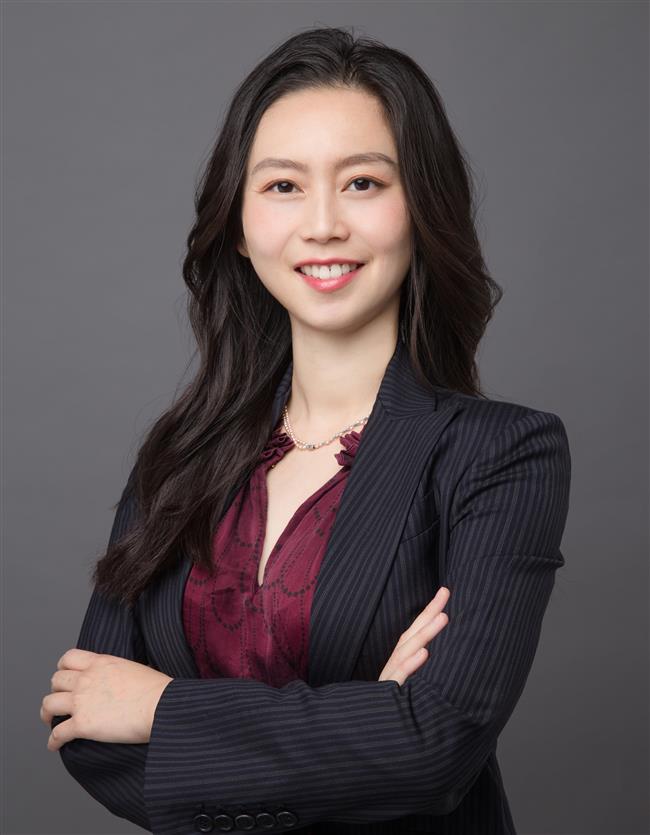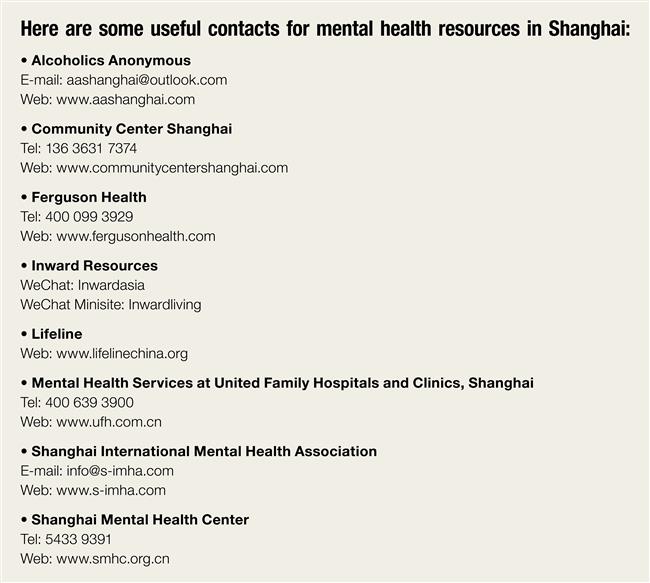Surviving Sexual Assault Part 2: Speaking out against shame

What's the difference between guilt and shame? To paraphrase social scientist Brene Brown, guilt says: "I made a mistake," while shame says: "I am a mistake." Guilt is that inward-looking emotion when we transgress personal boundaries between right and wrong. Shame is the opposite. Shame is a deep, isolating sense that we've sinned against societal standards. Ask survivors of sexual violence or domestic abuse to identify their trauma's primary emotion; many will point to shame. Let that sink in.
Sexual violence is never the survivor's fault. Abuse can occur regardless of gender identity or sexual orientation. It has nothing to do with what someone was wearing, and no one ever "asked for it." But fueled by the prevalence of victim blaming, those who've experienced sexual violence still struggle to speak out. Having survived assault, they now fear the pain of social prejudice, and keeping their trauma a secret prevents people from accessing the help they need to heal.
It's easy to be skeptical about the power of vulnerability, especially when our truth leaves us open to shame. There's no single behavioral reaction to or recovery from sexual assault, but talking about the things we're told to be ashamed of is innately healing. Shame cannot survive in silence, making "Me Too" some of the most powerful words we'll ever hear. Every time they're said, we create new notions about right and wrong and by sharing our trauma, we speak out against shame.
In the second part of this series on sexual assault, we hear the experiences of two survivors and guidance from Shanghai's leading mental health advocates about what we can do to create a safe space for those impacted by sexual violence.
Three words

Tonye, 52, is from South Africa. In 1995, she was raped by a stranger in her home.
I had to say it out loud. Three words that would make the nightmare a reality. "I was raped." From that moment on, life was different.
A stranger came through my bathroom window while I was sleeping, threw a blanket over my head, held a knife to my throat, pulled down my pants and raped me twice – this was now part of my life story.
Afterward, with the blanket still covering my face, my mind raced. Is he still in the house? Is he coming back? What do I do next? Despite these thoughts, one thing was clear. What happened to me was wrong. I had been violated. I made a decision that night this experience would not define me.
Foolishly I believed the worst was over, but it was only the beginning of a journey that would make me question my decision to "do the right thing." I took a stand, and I laid a charge. I went public with my story, hoping to get the support and understanding I and others desperately needed. I thought the police proceedings would be a smooth process and that my community would understand. Instead, I found a deeply flawed justice system and a community ingrained in archaic beliefs of socialization and patriarchy. There's a name for this – secondary rape or secondary victimization.
"Why didn't you fight?" "What were you wearing?" "If I were you, I would have ..." "If you'd gone to church more often, this wouldn't have happened." And then there was the unspoken judgment. The "shame, poor you" look in people's eyes. The heavy silence and discomfort when I said: "I was raped." It was no different than testifying my case in court. I felt like I was on trial and the burden of proof was on me. It's been over 25 years since the night I first said those three words. There have been changes, but not enough.
I understand the shame, guilt and denial victims and survivors live with. We are not the problem. Our traumas are real. What we want and need is to break the silence, come out of the shadows and speak up, but we still live in a society that "others us" for a trauma which is not our fault.
'I've shed the shame'

Megan, 33, is from the United States. Between 2017 and 2018, she was abused by her then partner.
Looking back, all the signs were there. But I never imagined that would be my life – domestic violence, intimate partner abuse.
When I write the words, they still feel distant from my experience. But once his manipulative, controlling behavior became a pattern, that's exactly what it was. Many people tend to have certain beliefs about domestic violence. Even I didn't know about the many types of abuse until I experienced them. Before him, I'd only known abuse to be physical, something easy to spot and nothing I could ever accept. But after him, I slowly realized just how varied and hidden it can be.
Abuse sneaks up on you, like weight gain. Every day you see yourself in the mirror, and you don't notice the small changes slowly building up. Then you see a photo of yourself from a year before and realize, "I'm bigger." It happened just like that.
The day I realized I was deep in an abusive relationship wasn't the first time he hit me. Nor was it the first time he tried to gaslight me. It was the day I realized that I didn't care if I lived or died – when I became numb. And as I celebrate four years of freedom from this dark period of my life, I know now that I will never be able to completely "move on" or "get over it." And I don't want to.
The memories are what drove me to become an advocate for other people in similar situations. By speaking out about my own experience, I've shed the shame that comes with victimhood. It took time, but I learned to understand that I had done nothing wrong, nothing to deserve that treatment. His actions were 100 percent his choice, and there was no reason for me to feel shame from being placed in an impossible situation. Sharing my story has encouraged others to share their own. Connecting with people who have also experienced intimate partner violence increased my desire to take action. Eventually, I found others who cared about the same cause and founded Project A with a psychologist and mental health advocate in Beijing. Now we help others to heal from the trauma of abuse.
A safe space for survivors

Hu Bojun, counselor at United Family Counseling Center, Shanghai
The shame and self-blame Tonye and Megan experienced are unfortunately common for survivors of sexual assault and occur in various contexts. Survivors often blame themselves to rationalize traumatic events or avoid the reality of having been hurt by a caregiver. Shame and self-blame also arise when we don't understand the natural trauma response. Being unable to leave or fight a situation is a typical neurological reaction and our body's best form of protection; questioning it can cause toxic mental processes that are deeply disempowering. Overall, shame and self-blame lead to a negative self-narrative and prevent people from reaching out. As advocates of survivors, we're mindful that experiences are as different as the people themselves.

Pete Rogers, director of counseling at Community Center Shanghai
I agree with Bojun, and the way people share those experiences are just as unique. But there's a collective way to receive someone's story with greater awareness and depth. Communities can thrive most thoroughly when based upon a foundation of honesty. We will do well to approach each other with our hearts as well as our minds. In other words, when we listen with empathy and intention, we honor the individual and, by definition, become more capable of sustaining the communities we wish to create. We must continue providing safe and supportive platforms for those impacted by sexual trauma to express themselves. Thank you to Megan and Tonye for honoring us with your courage as we open our hearts and minds to your lived truth.
Community Center Shanghai, Ferguson health, Inward and United Family Healthcare are partnering to raise awareness and funds to support survivors of sexual and intimate abuse.
Funds raised from the campaign will go toward supporting Ferguson health to provide medical consultations and free or subsidized tests for survivors of sexual trauma and intimate partner abuse.
In addition, survivors will be offered a free counseling session from the Community Center Shanghai, aimed at addressing what has happened in order to support and attempt to prevent further mental health issues that can often occur as a result of these traumatic experiences.
Click the link to read "Surviving Sexual Assault Part 1: Separating the facts from fiction" and for more information, including how you can support survivors of sexual assault.

















